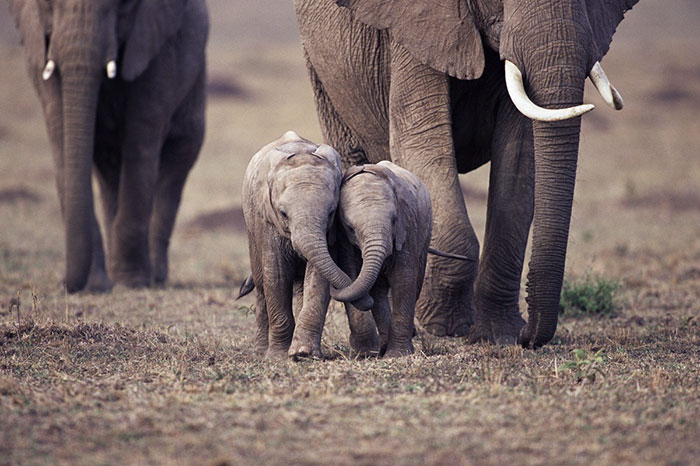
Students pay big for college level essays. Essay mills aren't confined to just higher education but the ‘importance’ of getting into
universities drives much of the cottage industry around essay writing. Both buyer
and contractor are guilty if the writing is meant for a classroom assignment.
Cheating on tests and papers comes in different forms but most people still
know that paying for work and calling it your own is wrong.
Plagiarism comes in different forms. One way is to make up
quotes, attribute it them Abe Lincoln and select a random history book for the
bibliography. This is nearly impossible today because you need to document your
sources. Sources that can be easily checked with a google search in most cases.
A less blatant form of plagiarism is when an idea isn’t attributed to its
original creator or original source. It’s more common because with research
comes the mixing and melding of ideas. When you assume a particular line of
thinking is common knowledge and don’t properly cite, it’s an understandable
mistake. But it’s still wrong.
Most of us have at been tempted to use a paper that someone
else turned in for a grade in a different class. Change the title and the
author name (hopefully) and present it to the professor with a sleepy look in
your eyes. It’s tougher to do this than it used to be, especially if you buy
one from a website selling papers with subjects on everything from 'human
anatomy' to 'farming practices in ancient Mesopotamia'. The software catches
subjects and themes that have been used before. My favorite
story is about a student submitting an essay they bought from a website with
the original title still on it, something like “Web Order Number 254”. I imagine professors have some type of shared
database that scans across all disciplines. Maybe they just use Goggle. Either
way it’s tough to get around it and the downside to getting caught is steep,
expulsion.
Some writers make a living doing work for wealthy clients.
Vice has a great article here from a freelance writer who does all the typical
nonsense blue chip schools want to see before they admit kids. From admissions
papers to reflection articles about how some particular art trip made them
feel. Apparently this is a real problem for Korean and Chinese students in
particular. For anyone who speaks English as a second language, the
requirements for processing and getting up to standard are extremely difficult.
It’s no excuse for cheating of course, but it does suggest a handful of
undergrads probably aren’t cut out for the rigors of a top notch school. If the
recent scandal with the Hollywood actors caught buying scholarships proves
anything, it's that Americans are likely to use shortcuts as internationals.
It’s easy to point at wealthy elites who pay to get around
roadblocks, but the writer taking their money has no right to do so. Is the crooked
cop taking bribes any better than the gangster who pays them? He’s basically
saying I can’t believe how corruptible the system is that I profit from; I
think you’re scum, are you hiring?
I had an experience
in college during my second year where my own ethics were tested. I was
friendly with one of the athletes in my class, a foreigner on a sports
scholarship. It was one of those requirements that everyone in the major had to
take. He shared notes with me on a quiz I’d missed so I could study it before
the final. Here is the rub. He did me a favor because I wouldn’t have known
what to study otherwise. Later that same
year he offered me a $100 to do an assignment that he couldn’t finish, a paper
of some kind. He needed to get back home (he said). I don’t remember the reason.
I refused to do it and he asked for a recommendation. I told him I thought it
was cheating and I wouldn’t help. I’m sure I was careful with my words but he
got the message. He assumed that his helping me with the quiz constituted a quid pro quo. What the hell bud, I help
you out of a jam and you call me a cheat? He never said that but it’s the
feeling I got.
For all the different ways people bend rules or fudge numbers,
most things are black and white. The grey is the unusual, the rarity, the one
off. Cheating might be a sliding scale, an orders of magnitude problem, but
most of us understand when something is wrong. Here is a test for students if
you aren’t sure, tell someone what you are considering. Tell a whole lot of
people, friends, other teachers. Take an informal poll. If the idea of letting
anyone else know what you are up too feels like it would ruin it, it’s probably
cheating.

/arc-anglerfish-arc2-prod-mco.s3.amazonaws.com/public/5FUH2VPCM5GRBCLONTD6PNIWUI.jpg)
